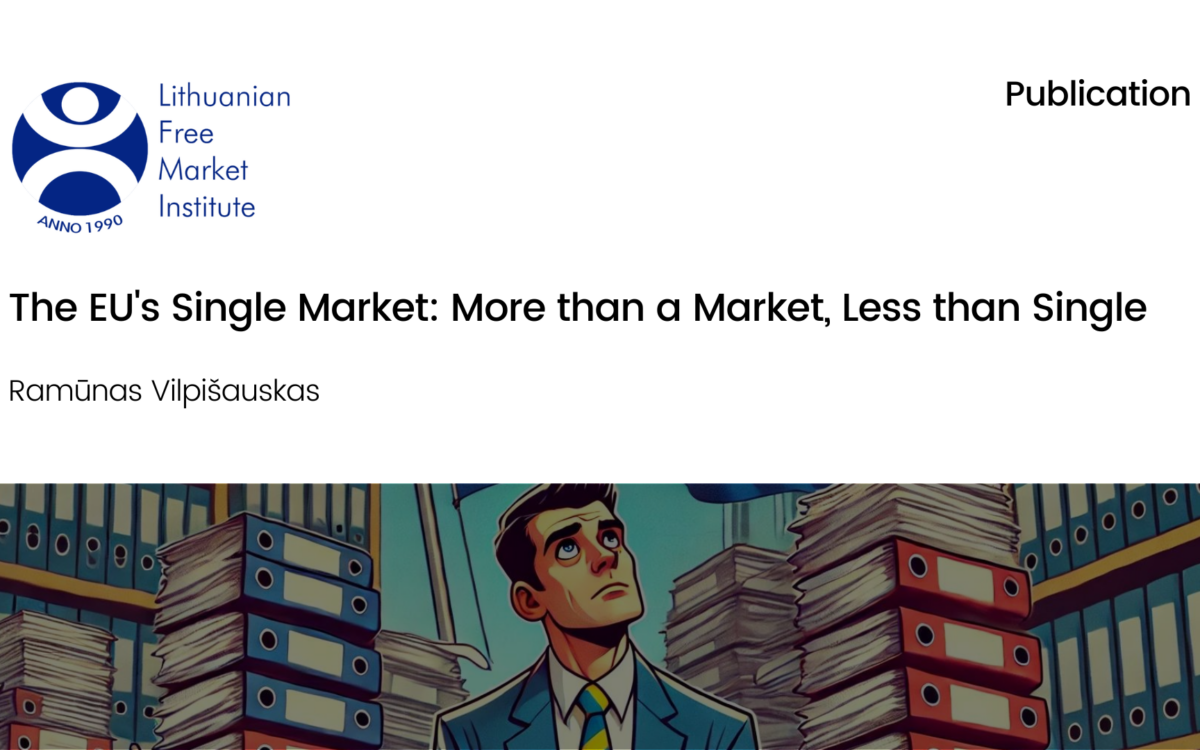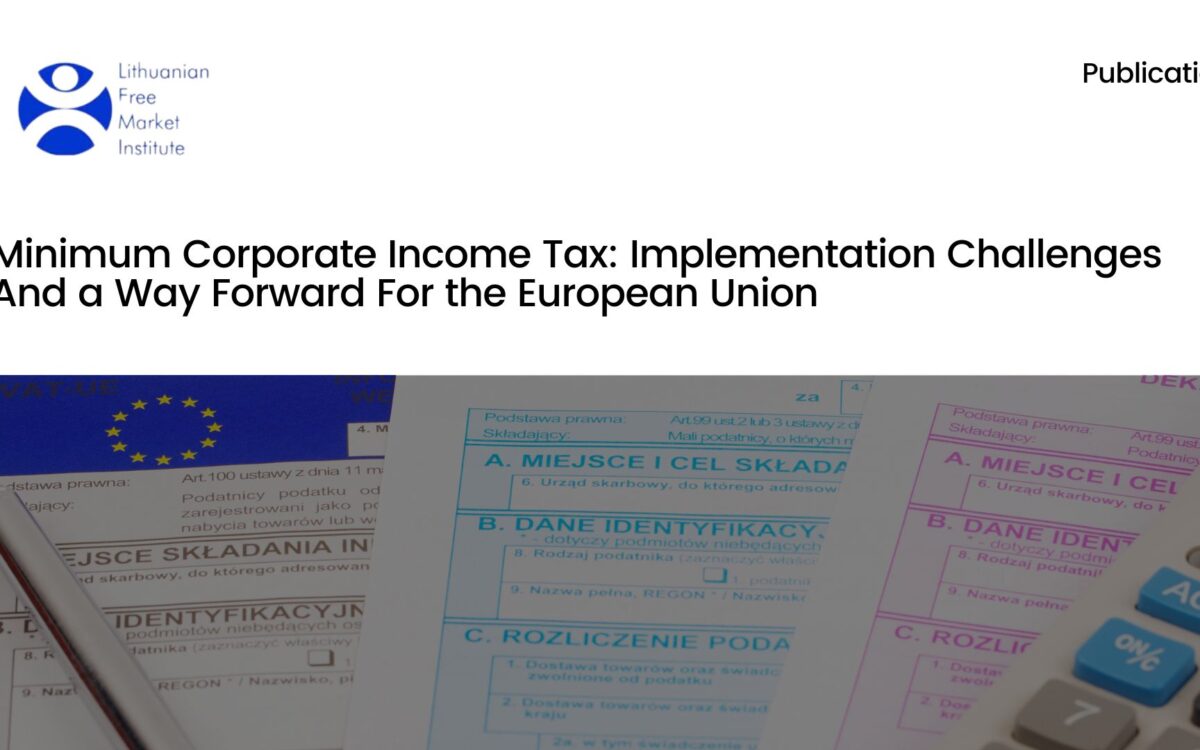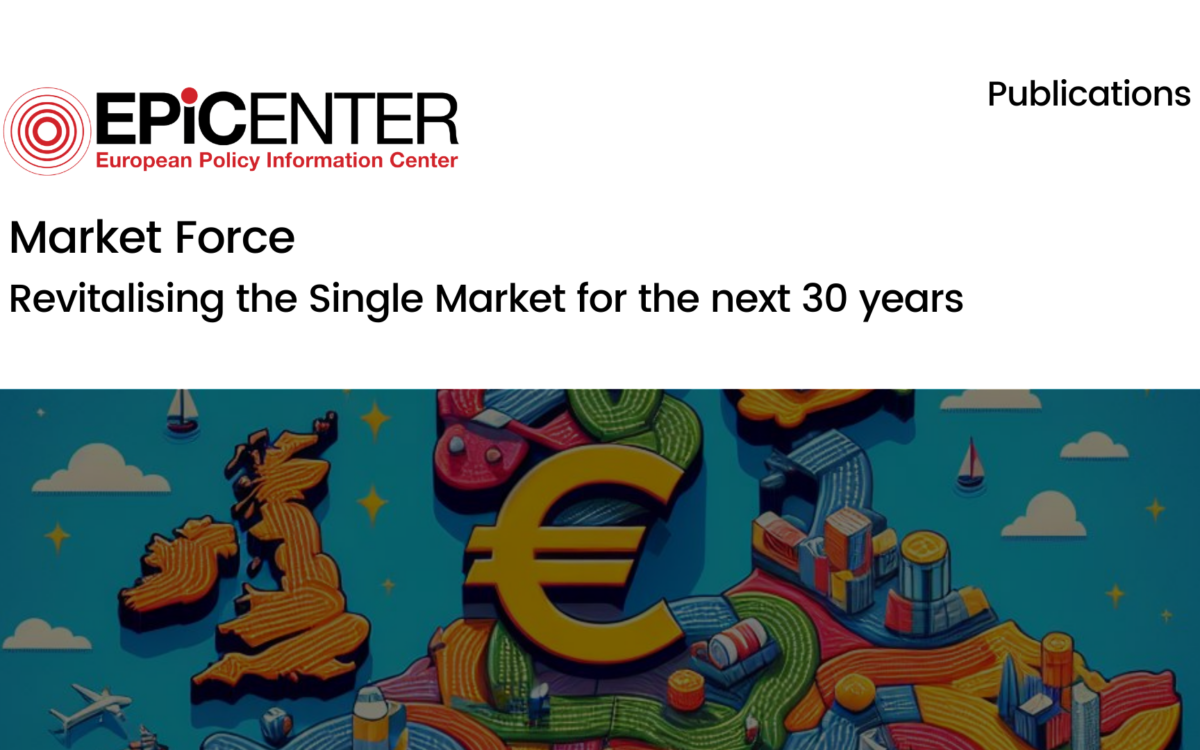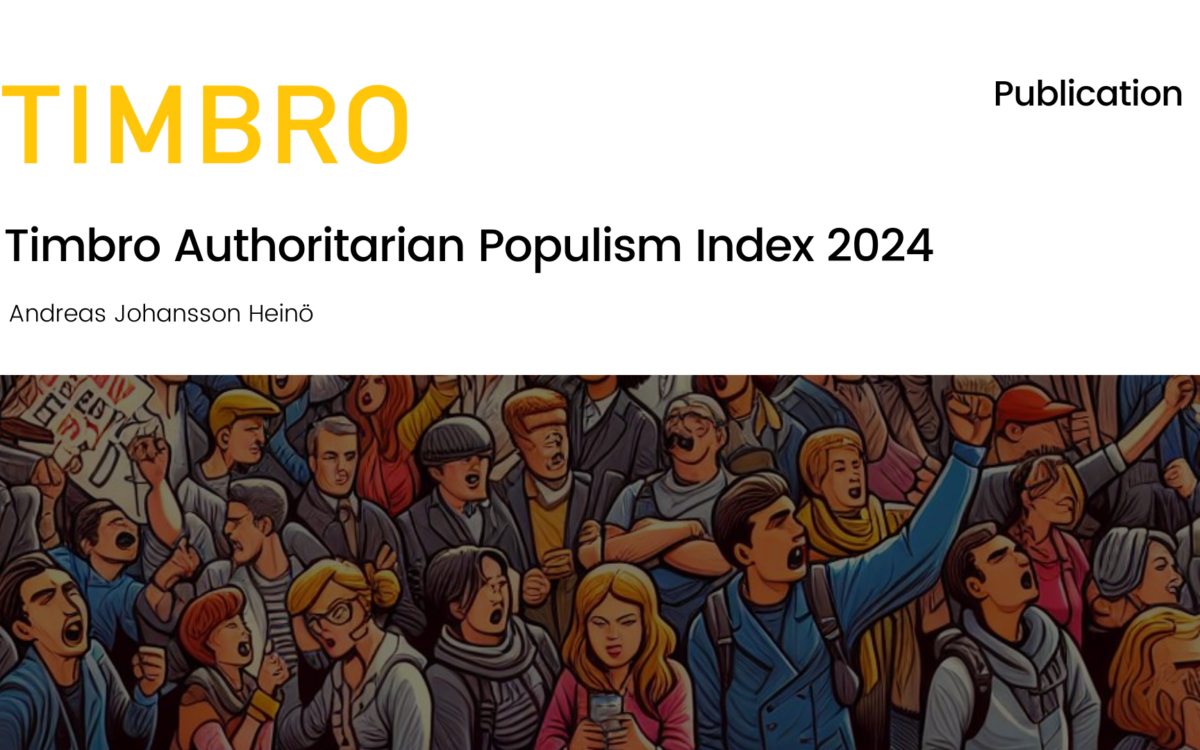Green Alert

Green Alert
22 March 2023
This paper urges EU decision makers to avoid entering a tit-for-tat subsidy battle with the Unites States in response to the US Inflation Reduction Act (IRA).
EU state subsidies far exceed those in the United States, even after the passing of the IRA. The experts of this paper outline why direct state aid is not the most cost-effective method for realizing a green transition and instead recommend that the EU focus on creating a level playing field in trade policy, which could help lower the costs of green transition.
Around 1% of the EU’s total GDP is spent on national state aid, more than half of which goes to the green sector. In 2020, EU countries spent €81 billion in national state aid for renewable energy, which corresponds to 0.57% of the EU’s GDP. The EU Commission’s proposal for a response calls for expenses that are estimated to correspond to a further 0.10% of the EU’s GDP per year.
With the IRA, the US will provide the equivalent of 0.15% of US annual GDP over 10 years as state aid for the green transition.
Direct state aid is not a cost-effective method for realising a green transition. Furthermore, the costs incurred mainly affect the countries that provide the aid. When it comes to trade policy, the EU’s protectionism is on par with that of the United States. So, there is no justification for the EU to respond to the IRA. Doing so would make the green transition in Europe unnecessarily expensive and could also escalate the trade conflict across the Atlantic.
Download or share this publication
View the PDF
EPICENTER publications and contributions from our member think tanks are designed to promote the discussion of economic issues and the role of markets in solving economic and social problems. As with all EPICENTER publications, the views expressed here are those of the author and not EPICENTER or its member think tanks (which have no corporate view).



